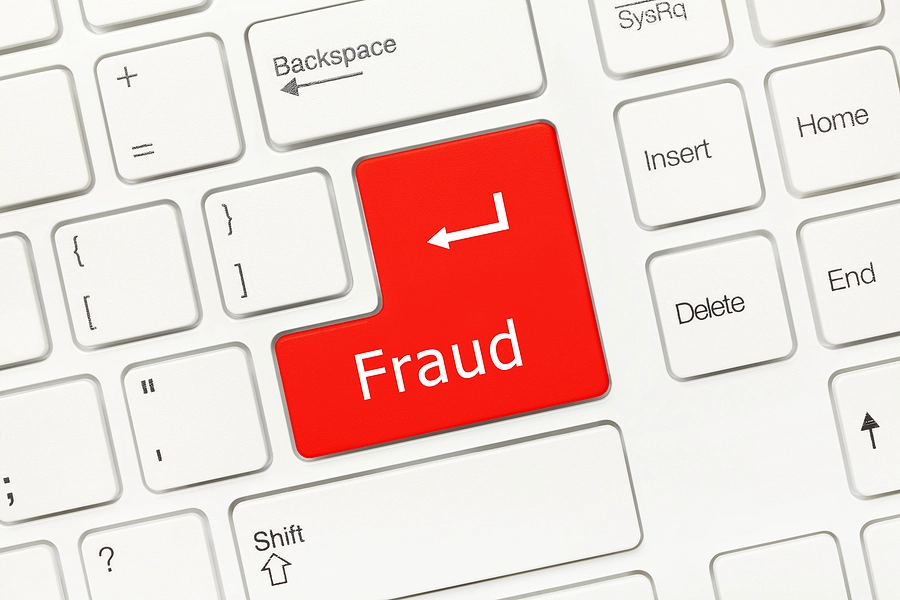The general notion of forgery is of someone signing another person’s name on a document for financial gain, such as writing a check on someone else’s account or creating a fake will. While these examples are correct as far as they go, they do not capture the full meaning of how New Jersey defines the crime of forgery.
The law in this state that makes forgery a crime makes it clear that the act must be intentional, and that it must be undertaken with the intent to defraud or injure someone else. How one can go about accomplishing these objectives can involve more than simply faking someone else’s signature on a blank line.
To begin with, altering an otherwise valid writing by someone else is a form of forgery. This can be something other than altering a signature; it can be something like making changes to an existing record or creating a false communication, and then passing it off as being from another person, such as the will example above, or to make a defamatory comment in another person’s name in the hope that the reaction will harm that person.
Another thing to keep in mind is that the law considers a “writing” to be more than just a document. Writings can include non-documentary items, including:
- Credit or debit cards
- Identity cards
- Coins
- Stamps
- Sales receipts
- UPC labels
- Trademark or other symbols
The information in the false writing can be personal identifying information, which goes beyond names and addresses or phone numbers to include taxpayer or employee identification, account numbers, or even biometric data, it is possible to “forge” someone else’s fingerprint, for example, or a retinal scan or voiceprint.
The most important consideration to remember is not the mechanisms of possible forgery, but the intent element. Not every altered or newly-created writing will qualify as a forgery if the prosecution cannot prove that it was made with the intent to defraud or injure another. This is where having experienced defense counsel can be crucial, because if the intent element of the crime can be cast into reasonable doubt, it may be possible to avoid a conviction for forgery even if the other elements exist.



Leave A Comment